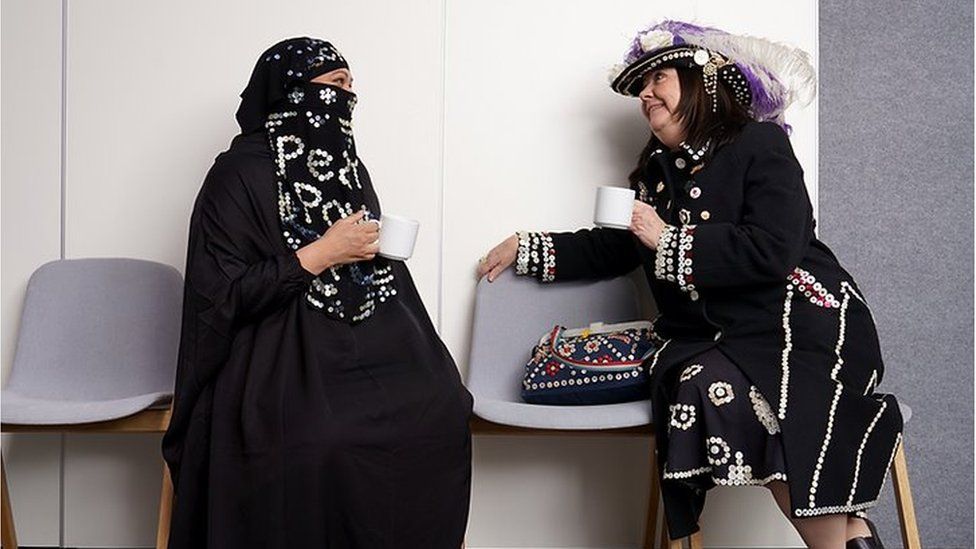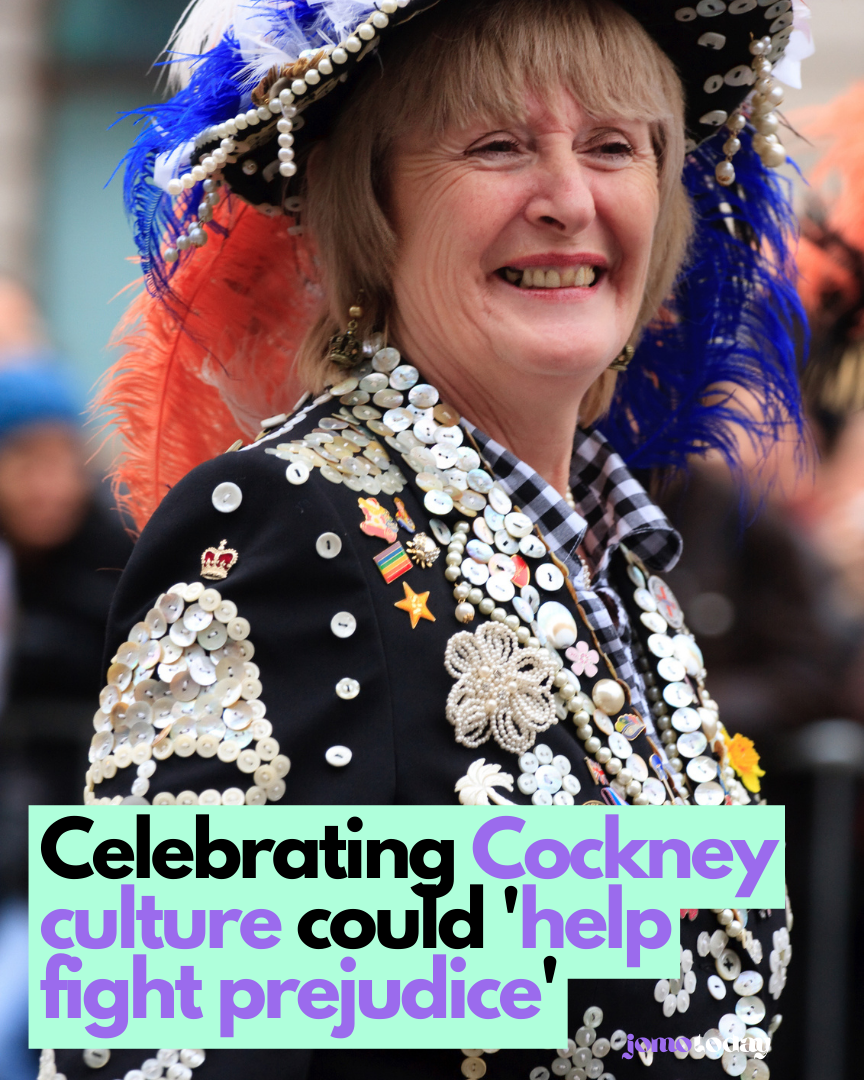New study debunks myths about rhyming slang and its association with criminal activity, proposing that celebrating Cockney culture could combat prejudice.

The author of a new study debunks myths about rhyming slang being born out of criminal activity proposing that celebrating Cockney culture could combat prejudice..
Dr. Chris Strelluf, a sociolinguist at the University of Warwick, emphasized the unjust stereotypes faced by speakers of non-standard English. He highlighted that assessing a language as superior or inferior, accurate or inaccurate, intelligent or unintelligent, is a societal assessment rather than one rooted in linguistic principles.
An upcoming month-long event is set to honor and celebrate individuals from non-posh London backgrounds.
The Modern Cockney Festival, orchestrated by the community organization Cockney Cultures, serves as a rallying cry, advocating for the preservation and support of linguistic variety.
Dr. Strelluf, the author of “Villains and Tea Leaves: Redefining Cockney and Defying Stereotypes,” remarked, “While the report centers on Cockney, its implications extend to all forms of English that face social bias and prejudice.”
The research dispels misconceptions about the origin of Cockney rhyming slang, rejecting the idea that it emerged from criminal activities. Instead, it emphasizes the historical resilience of the slang, which has prospered through diverse cultural influences and evolved with each influx of newcomers.
Defining identity through an imprecise audio boundary inherently introduces ambiguity. The renowned Bow-bell-birth notion of Cockney identity traces back to a 1571 sermon, where individuals born within the sound of Bow bell in London were termed Cockneys. However, St Mary-le-Bow church primarily served as a central reference point in London, rather than a marker to distinguish Cockneys from other Londoners.
Cockney Cultures highlights that contemporary British social identities are increasingly intricate and multi-layered. People are inclined to define themselves through a combination of labels, such as Cockney Bengali, Cockney Black, Essex, or Kent Cockney.
In an effort to simplify, Cockney Cultures adopts comedian Arthur Smith’s definition, which characterizes Cockneys as “non-posh Londoners”.
Clive Bennett, the Pearly King of Woolwich, emphasized the significance of heritage, highlighting its closeness to his heart. He stressed the importance of future generations understanding and nurturing our collective culture for the benefit of their descendants.
According to him, honoring one’s Cockney heritage equips individuals with valuable traits such as resilience, resourcefulness, and optimism, which prove invaluable during challenging times.
During March, the Modern Cockney Festival offers various events such as Pie and Mash Week, the unveiling of a virtual museum, and discussions on Cockney-related topics.
March 3 marks Speak Cockney Day in the festival, selected because it coincides with the Cockney phrase “‘fird of the ‘fird”.
Cockney culture is a treasure trove worth exploring. By embracing and acknowledging its value, we can foster understanding and appreciation among diverse communities. Join me in raising a glass to the colorful spirit of Cockney culture and let’s create a world where prejudice has no place!
Read More: “Shogun’ represents highest level event television with high stakes”
Disclaimer:
This content is AI-generated using IFTTT AI Content Creator. While we strive for accuracy, it’s a tool for rapid updates. We’re committed to filtering information, not reproducing or endorsing misinformation. – Jomotoday for more information visit privacy policy






Leave a Comment